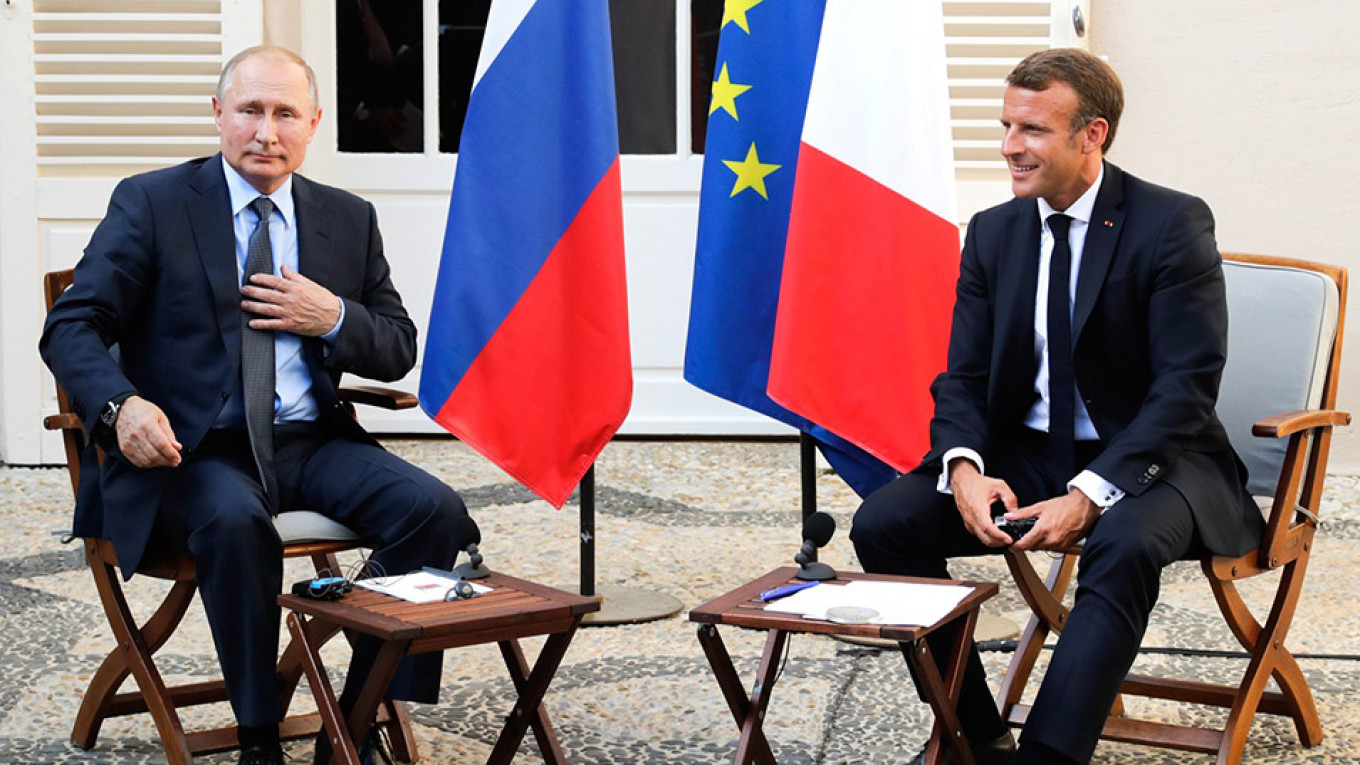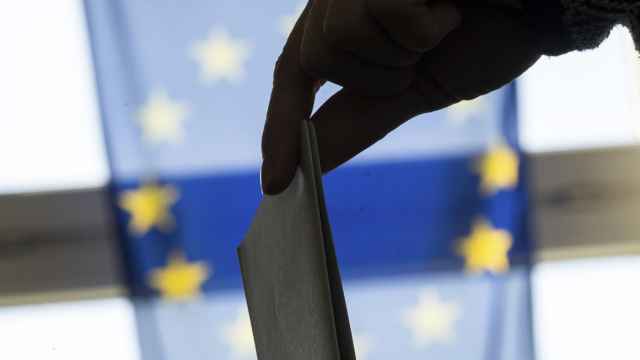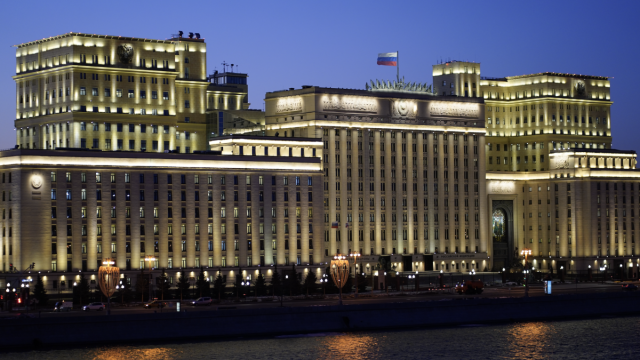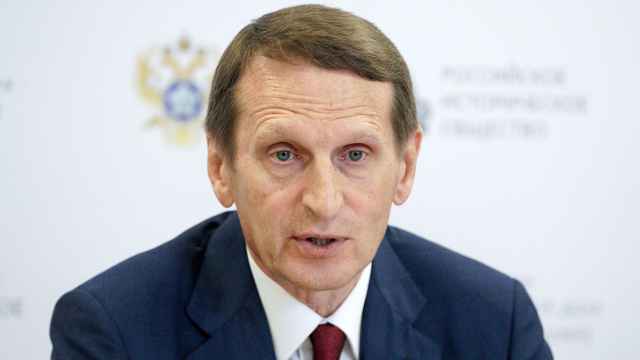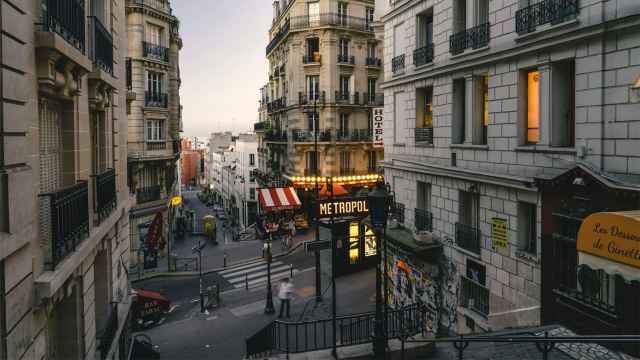On August 19, President of France Emmanuel Macron hosted President of the Russian Federation Vladimir Putin at Fort de Brégançon in the commune of Bormes-les-Mimosas in the Var department on the French Riviera. Given the vagaries of the weather this summer in France, the Mediterranean coast seemed a more suitable location for a meeting than the currently scorching-hot Paris.
Formally, Macron is on vacation right now, where any respectable Frenchman should be in August. However, the meeting with his Russian counterpart can hardly be seen as a part of the president’s holiday activities. Macron and Putin probably find it difficult to talk to each other about things not related to their official positions, as they are very different people.
For starters, an entire generation separates the two leaders: Macron is 25 years younger than Putin. And their respective terms in office are incomparable — two years for Macron versus two decades for Putin. The French leader is a textbook technocrat whose career has been largely spent on the economic side of the government, while Putin's experience lies in foreign intelligence.
What is more, past meetings between the two leaders do not exactly instill confidence in future cooperation. At the start of the French presidential campaign in 2017, the Russian leadership clearly favored François Fillon, who is much closer to Putin in terms of both his politics and his personality, and someone the Russian President can more easily relate to, than Macron. Later, the Russian state-owned media held little back in its harsh (and often not fair) criticism of the founder of the “La République En Marche!” party.
Macron likely remembers the warm welcome the Kremlin gave to his rival, leader of the National Front Marine Le Pen, in the run-up to the final round of voting in the French presidential elections. For his part, the young French politician has not always followed diplomatic protocol in assessing the policies and intentions of his Russian counterpart.
All this notwithstanding, literally two weeks after he was sworn in as President, Macron received Putin in Versailles. The two leaders met regularly after this, both in a bilateral format and on the side-lines of various multilateral forums. Interestingly, Macron was the only major European leader to take part in the St. Petersburg International Economic Forum last year. Word has it that the two leaders even address each other with the informal word for “you,” as both Russian and French allow such lexical liberty.
One may be a football fan (Macron) and the other a Judo aficionado (Putin); one a staunch liberal (Macron) and the other a steadfast conservative (Putin). They may differ on fundamental issues of human rights and the future world order, but Putin and Macron need each other. Probably more so than they did two years ago.
Right now, Putin simply does not have a more suitable negotiating partner in Europe than Macron. The indefatigable Angela Merkel is coming to the end of her political career and her influence on European affairs is waning. Italy is in its usual state of latent political crisis, and neither Giuseppe Conte nor Matteo Salvini are in any kind of position to speak with Putin on behalf of Europe with any kind of authority. And this is even more true for the United Kingdom’s newly appointed Prime Minister, the eccentric Boris Johnson.
A serious conversation will not happen in the immediate future between the Russian leadership and the President-elect of the European Commission Ursula von der Leyen and the High Representative of the Union for Foreign Affairs and Security Policy Josep Borrell, and it will probably not be easy. It is hard to say that the Kremlin harbors high hopes for the successors of Jean-Claude Juncker and Federica Mogherini, as they have already leveled some harsh criticism at Moscow.
Russia and Europe have plenty of topics for discussion. The settlement of the situation in Eastern Ukraine, for example, which is showing signs of promise following Volodymyr Zelensky’s victory in the Ukrainian elections. There is the situation in Syria and the threat of a new escalation in Idlib and new flows of Syrian refugees into Europe, which has been made worse by the recent decision of President of Turkey Recep Tayyip Erdoğan to suspend the agreement with the European Union on migrants. The future of relations with Iran following the sharp aggravation of U.S.–Iran relations and the threat of the Iranian nuclear deal falling apart entirely. And the future of European security after attempts to save the Intermediate-Range Nuclear Forces Treaty (INF Treaty) finally failed.
All of these issues are obviously important for both Putin and Macron. All the more so, as France will be hosting the latest G7 Summit in Biarritz just one week after the visit the President of the Russian Federation. It is entirely possible that the Normandy Four Summit on the situation in Donbass will be held in the early fall in France too. And the Second Paris Peace Forum, which, judging by the 2018 edition, is touted as a benefit event hosted by the President, is planned for later in the year.
On the whole, the President of France, who has squandered a great deal of his popularity at home over the past two years, has the chance to claw his way back in the new political season. He can try to recover at least some of his recent losses by creating an image of himself in France as Europe’s main political leader, including in matters relating to the east. “National greatness” is not an empty phrase, even for Macron’s most determined domestic political opponents.
And the meeting with the President of the Russian Federation is a good opening move for a party trying to make waves in “big” European politics. Despite the difficulties that will inevitably arise in the upcoming discussions with Putin, it would still be easier for Macron to negotiate with him than to achieve an understanding with the egotistical President of the United States Donald Trump, who is unable to even appreciate the exquisite taste of Rhône wine.
Of course, the current political situation creates both additional opportunities and additional difficulties for the Russia–France dialogue. Difficulties include the recent clashes between the police and civic activists in Moscow, which led to a large number of arrests. It is easy to predict that this issue will somehow emerge in the French press, as well during the talks between the two leaders, something that will no doubt irk the President of the Russian Federation.
Russian observers typically liken unauthorized opposition rallies in Moscow to the “yellow vests” in Paris, pointing out the violent actions of the French police. I happened to witness first-hand both the events that occurred in Paris last autumn and the Moscow rallies that took place in later July of this year. And, to be perfectly honest, any parallels between the chaos in Paris and the Moscow unrest are improper and inappropriate.
For one, the events in Paris can only be described as large-scale riots, accompanied by numerous acts of violence and vandalism, while the demonstrations held in Moscow were peaceful, albeit not authorized by the authorities. So, pushing these dubious analogies only further provokes anti-Russian sentiments, which are already more widespread in France than in many other European countries.
Nevertheless, as Otto von Bismarck rightly noted, “Politics is the art of the possible.” Public sentiment is important, but not the only, factor that determines the foreign political priorities of even the most liberal democracies. Russian historians generally consider the reign of Alexander III (1881–1894) a conservative, even reactionary, era, but this did not stop the President of the French Republic Marie François Sadi Carnot from entering into a military alliance with the Emperor of Russia. The rule of Leonid Brezhnev (1962–1982) is often referred to as the Soviet Era of Stagnation, yet President Charles de Gaulle nevertheless visited the U.S.S.R. in the summer of 1966, thus marking the beginning of the era of “special relations” between Paris and Moscow.
In any case, of course, we are not talking about the beginning of a new era in Russia–France or Russia–Europe relations. Unfortunately, objective prerequisites for this have not yet come about. However, the presidents of France and Russia are more than capable of opening a new season in European politics in Fort de Brégançon by achieving a tangible rapprochement of the Russian and French positions on at least one or two of the issues above without losing face and without sacrificing their principles. The unprecedentedly hot summer in Paris —and the equally unprecedentedly cold summer in Moscow — should come to an end.
This article was originally published by RIAC.
A Message from The Moscow Times:
Dear readers,
We are facing unprecedented challenges. Russia's Prosecutor General's Office has designated The Moscow Times as an "undesirable" organization, criminalizing our work and putting our staff at risk of prosecution. This follows our earlier unjust labeling as a "foreign agent."
These actions are direct attempts to silence independent journalism in Russia. The authorities claim our work "discredits the decisions of the Russian leadership." We see things differently: we strive to provide accurate, unbiased reporting on Russia.
We, the journalists of The Moscow Times, refuse to be silenced. But to continue our work, we need your help.
Your support, no matter how small, makes a world of difference. If you can, please support us monthly starting from just $2. It's quick to set up, and every contribution makes a significant impact.
By supporting The Moscow Times, you're defending open, independent journalism in the face of repression. Thank you for standing with us.
Remind me later.


